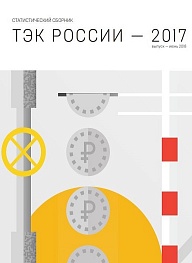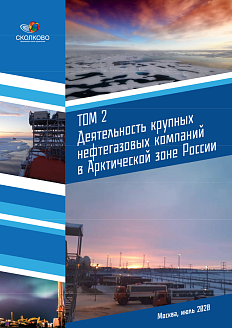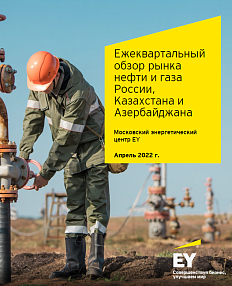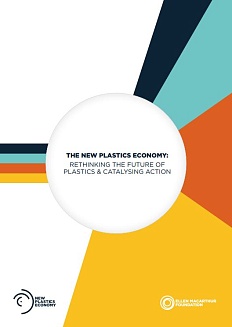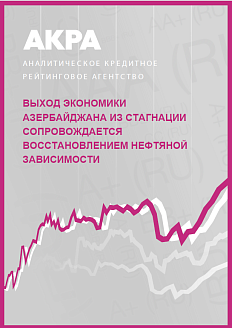According to experts from the Analytical Center for the Government of the Russian Federation, the growth in the output of petrochemical products in Russia continues, but its pace has declined. In 2017, the output of oil and gas condensate in Russia decreased by 2.1 mln tonnes (0.4%) as compared to the previous year. A slight decrease in oil output in Russia (the first time since 2008) is due to the countrys participation in the OPEC+ deal. The volume of investments in the oil industry in 2017 exceeded the level of 2016 (+ RUB 348 bln). At the same time, the main increase in the investments accounted for the extraction of crude oil (+ RUB 279 bln).
In 2017, gas production in Russia reached a record high in terms of export growth and domestic consumption. Russia continues to steadily keep lead in the global export of natural gas, although its share in 20142016 fell below 20%.
.png)
Against the background of global economic growth, the Russian coal industry has demonstrated steady development: production, domestic consumption, exports, and investment have grown. Improvement of the financial and economic situation of Russian coal companies in 2017 allowed increasing investments in fixed assets by 32% up to RUB 114.3 bln.
The growth in the output of plastics in primary forms in Russia slowed down in 2017 compared to the previous year and was just 0.4%. In 2017, investments in the Russian petrochemical industry increased compared to 2016, but the pace of their growth (+1%) was the slowest in four years.
In 2017, capacity growth in UES of Russia amounted to 3.5 GW (1.5% compared to 2016), while the growth from 2008 to 2017 was 29.2 GW (13.9% compared to 2008). Compared to the previous year, the pace of capacity growth was faster due to addition of new CHP capacities. Despite the overall decline in the volume of investments in the power industry in 2017 (24 bln rubles compared to 2016), investments in the power grid sector increased in this period owing to extra investments in the power transmission sector.
.png)


